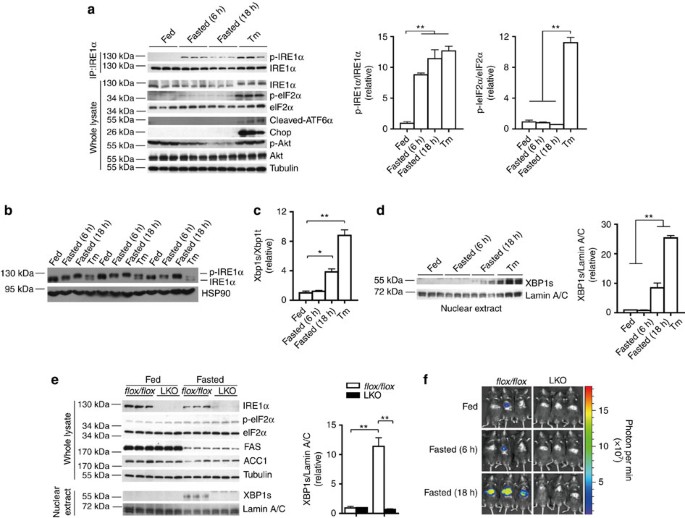
- Select a language for the TTS:
- UK English Female
- UK English Male
- US English Female
- US English Male
- Australian Female
- Australian Male
- Language selected: (auto detect) - EN
Play all audios:
The Delhi High Court has set aside a north MCD's rehabilitation scheme under which tenants of demolished shops were put at par with the owners by giving both of them 50 per cent share
in the relocated land. The Delhi High Court has set aside a north MCD's rehabilitation scheme under which tenants of demolished shops were put at par with the owners by giving both of
them 50 per cent share in the relocated land. Justice Indermeet Kaur said that converting a tenant's status to that of a landlord is against all the statutes, dealing with such a
relationship, and all the principles of equity, fairplay and natural justice. The observations came as the court quashed a resolution of the north corporation by which it devised the
rehabilitation scheme for providing alternative land to the owners and tenants of 121 shops at Azad Market in north Delhi. The shops, which were leased out on a perpetual lease for 99 years,
were demolished in 2009 for a road-widening project. Only nine of the 121 shops were occupied by tenants and the owners of four such shops had challenged the rehabilitation scheme of 2014.
Allowing the plea of the owners, the court said, "By way of this resolution a man who was owning one complete piece of land had suddenly been reduced in his ownership to a status of 50
per cent. By the present resolution, the corporation has taken away all the rights of the petitioners." "The petitioners who were the owners...have suddenly been reduced to a half
ownership status. This was for no fault on their part. This resolution, if allowed to be implemented, would cause a grave prejudice. It would be a serious detriment to the rights of such
petitioners," the court added. It noted that the corporation had taken the same decision in 2009 when it had come out with a rehabilitation scheme subsequent to the demolition, but the
high court had in 2012 set it aside and asked the civic body to consider it afresh. The high court in its 2012 decision was of the view that the 2009 scheme, which apportioned the alloted
land equally between the tenant and the landlord, placed them on the same footing. The same was echoed now by the high court while setting aside the 2014 resolution, saying "giving an
advantage to one to the disadvantage of another is not a fair policy." It said that the corporation's decision to divide the plot of the petitioners and giving 50 per cent of the
same to the tenants and thereby changing the status of the petitioners from full owner to a half-owner "is a decision which cannot be sustained". The court said that by way of the
first resolution of 2009 a joint ownership had been granted to the petitioners and to their tenants and by the second resolution the right of the petitioners still remains reduced to 50 per
cent. "The end result is the same. At the cost of repetition this is against all statutory provisions. Such an act cannot be sustained in law. The act of the department being illegal;
this resolution is quashed," the court said. It said the corporation's decision to rehabilitate the tenants also may have good intentions, but it has to be in the interest of all.
"A decision which works in favour of one and to the detriment of another cannot be upheld as a fair decision. This is exactly what has happened in the instant case," the court
said. It said if the department was really keen to rehabilitate the tenants then they have the option to allot them land without disturbing the rights of the owners. (This article has not
been edited by DNA's editorial team and is auto-generated from an agency feed.)








